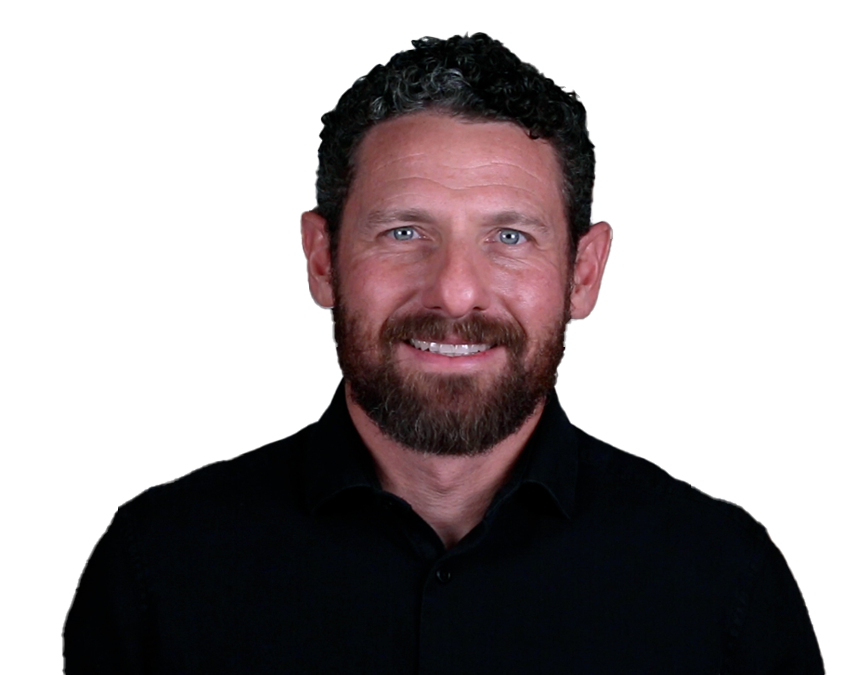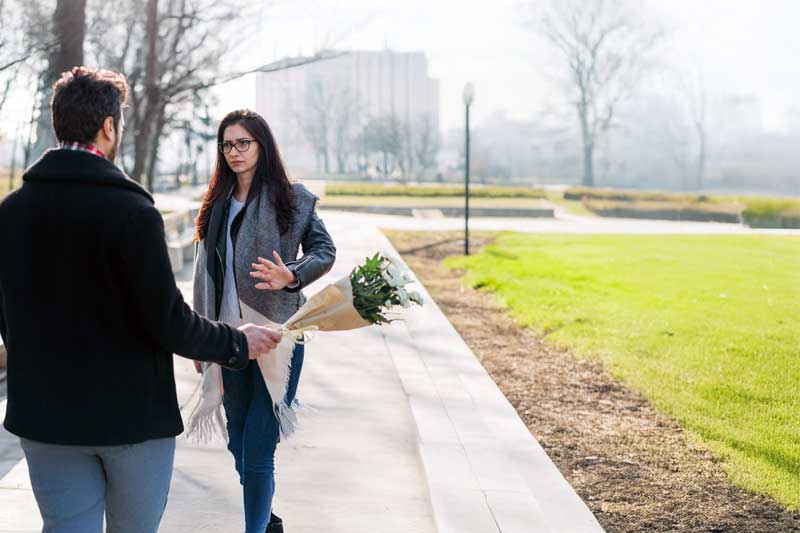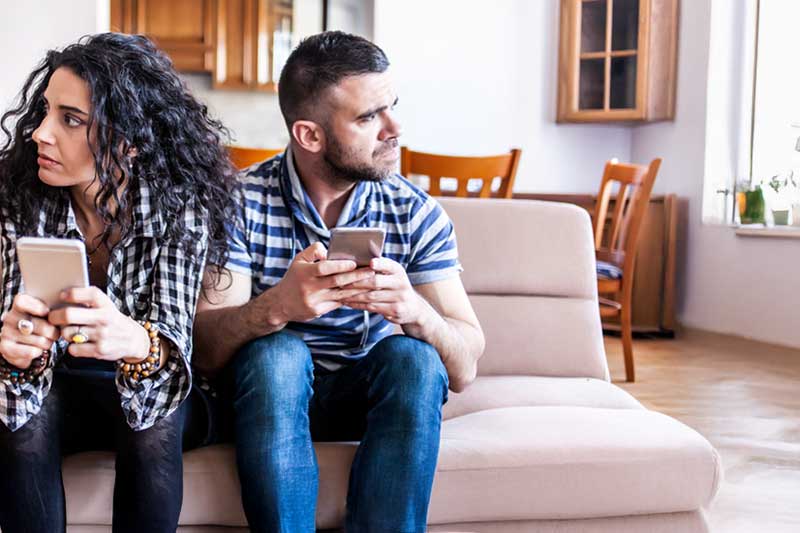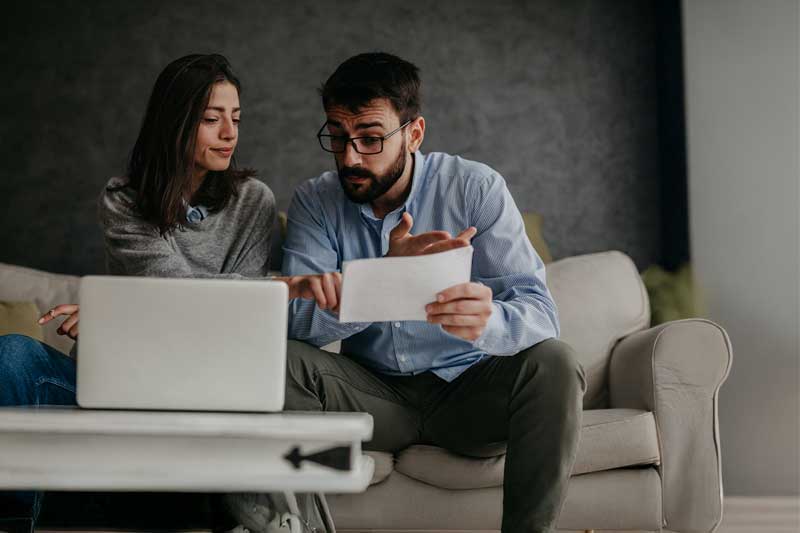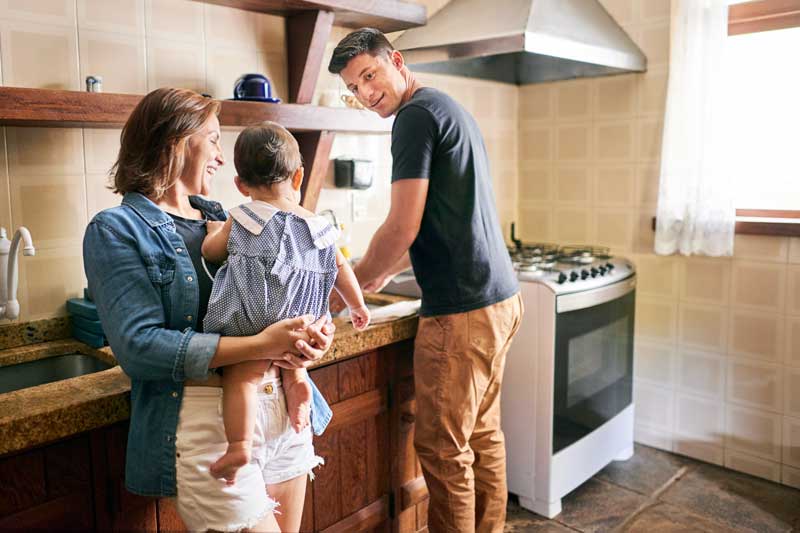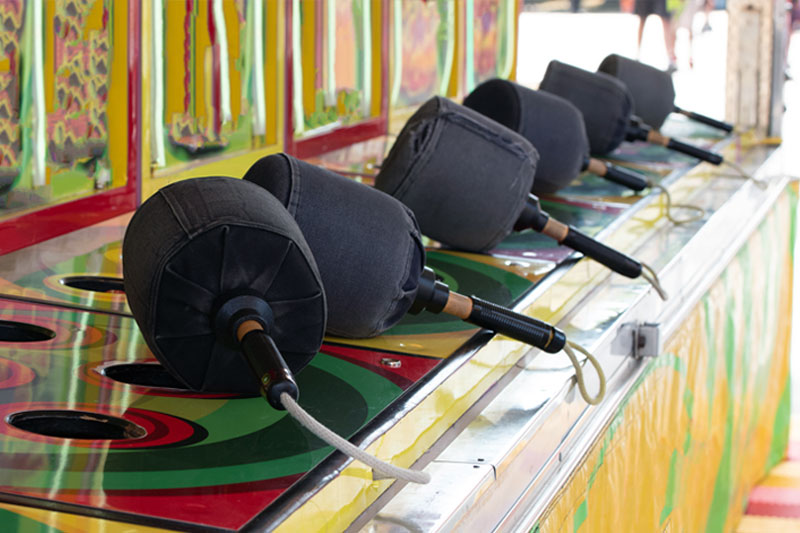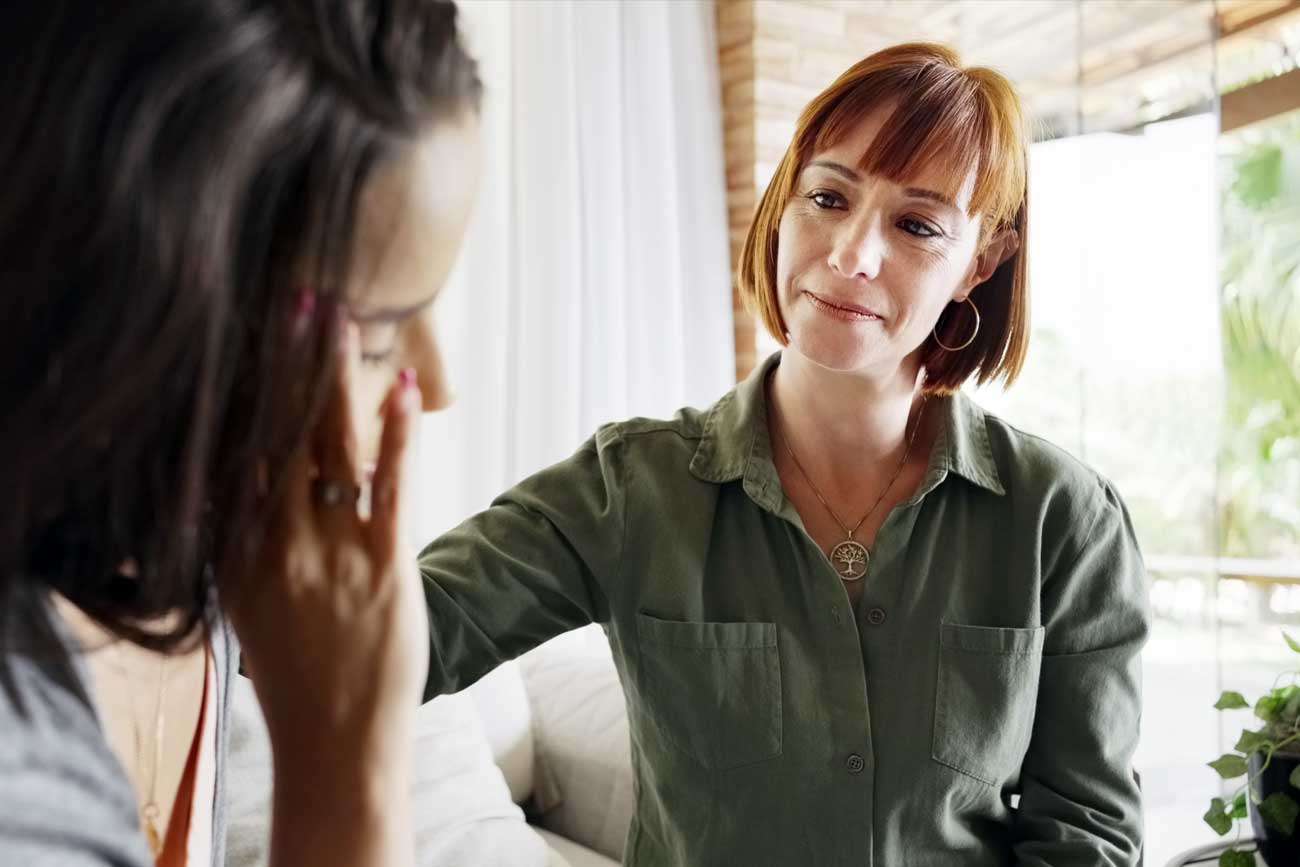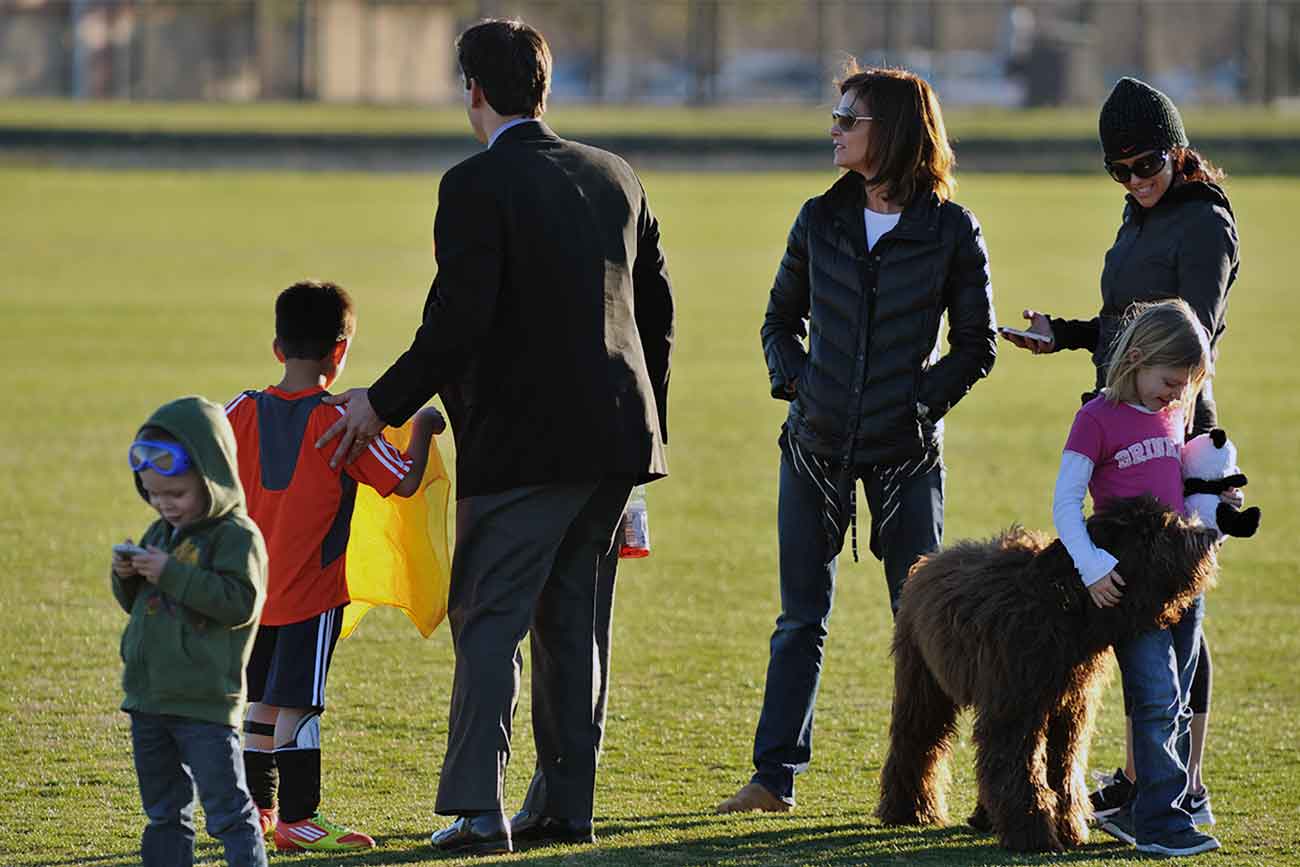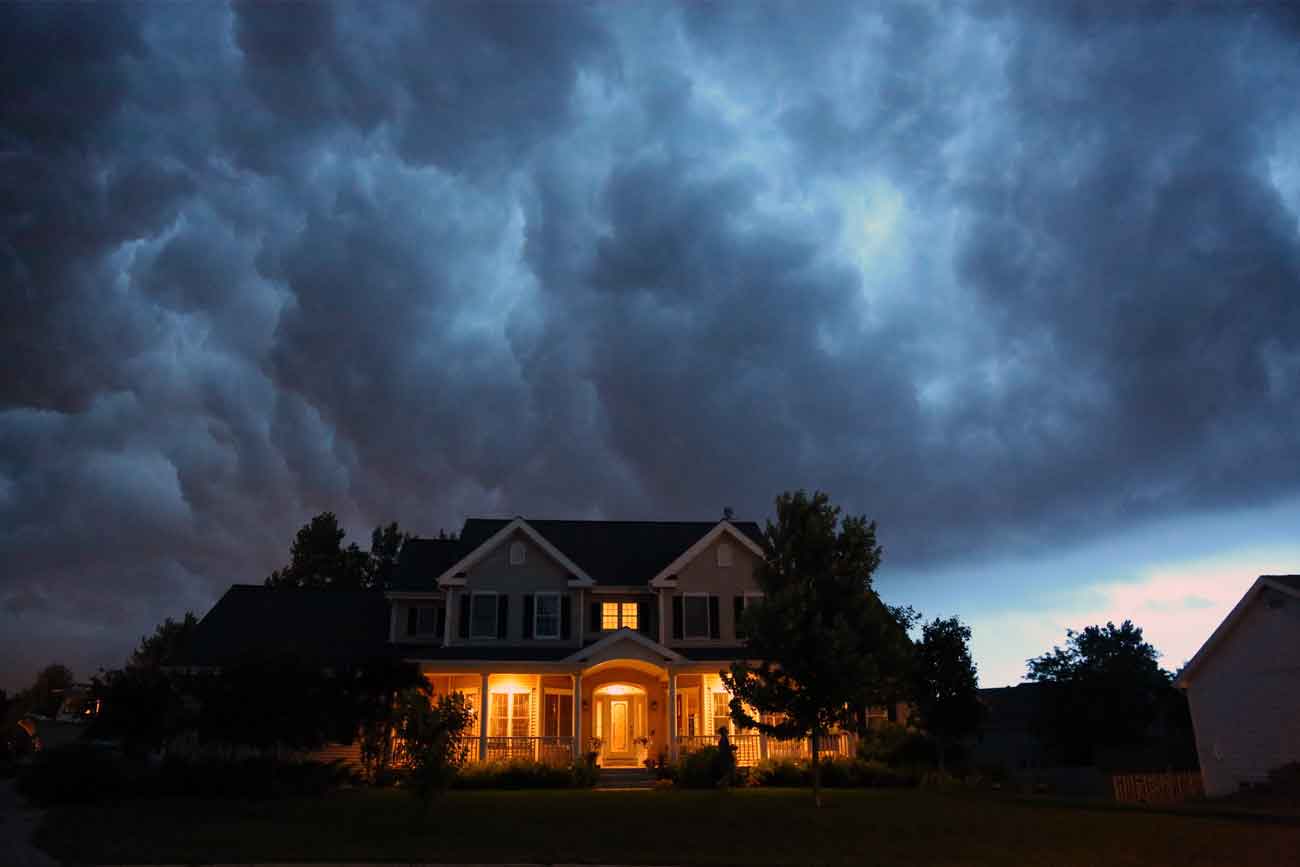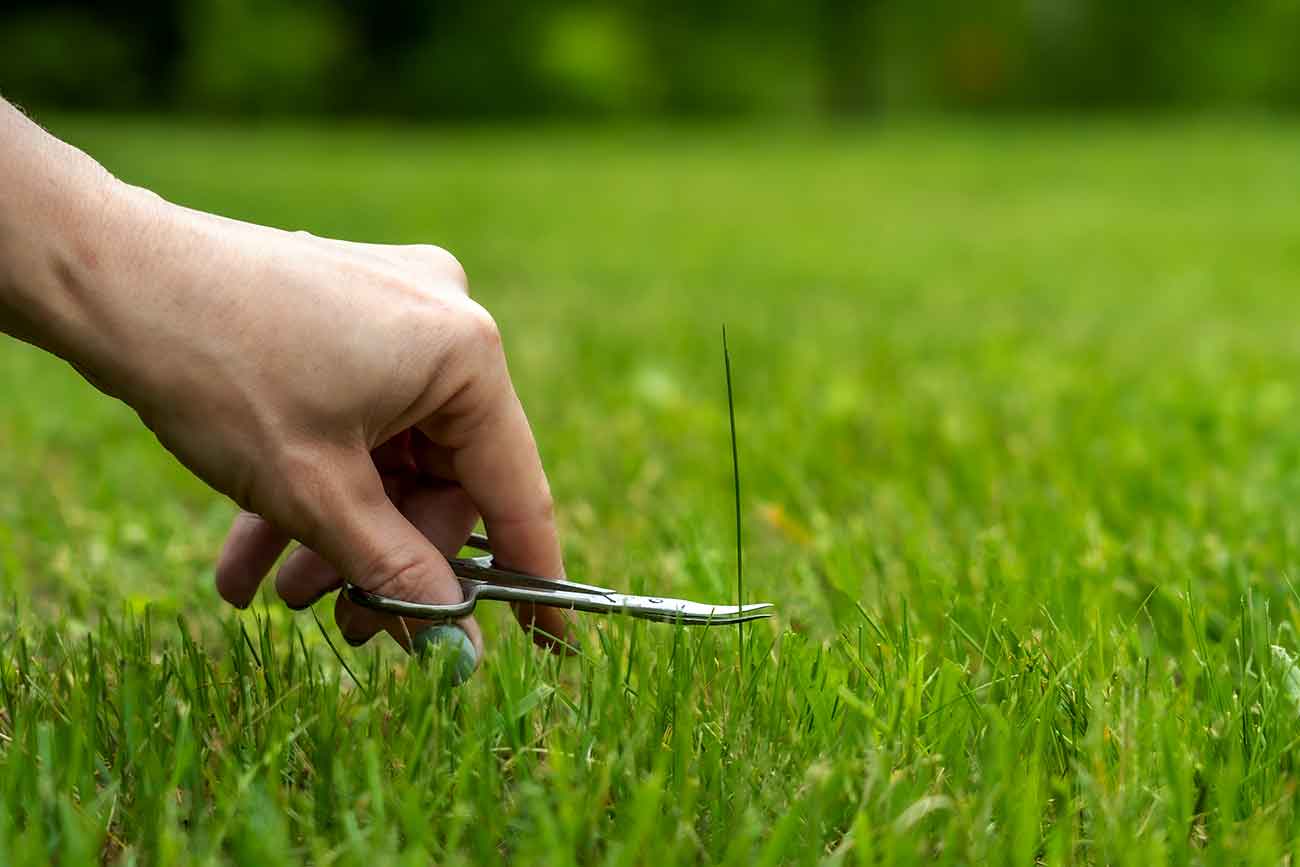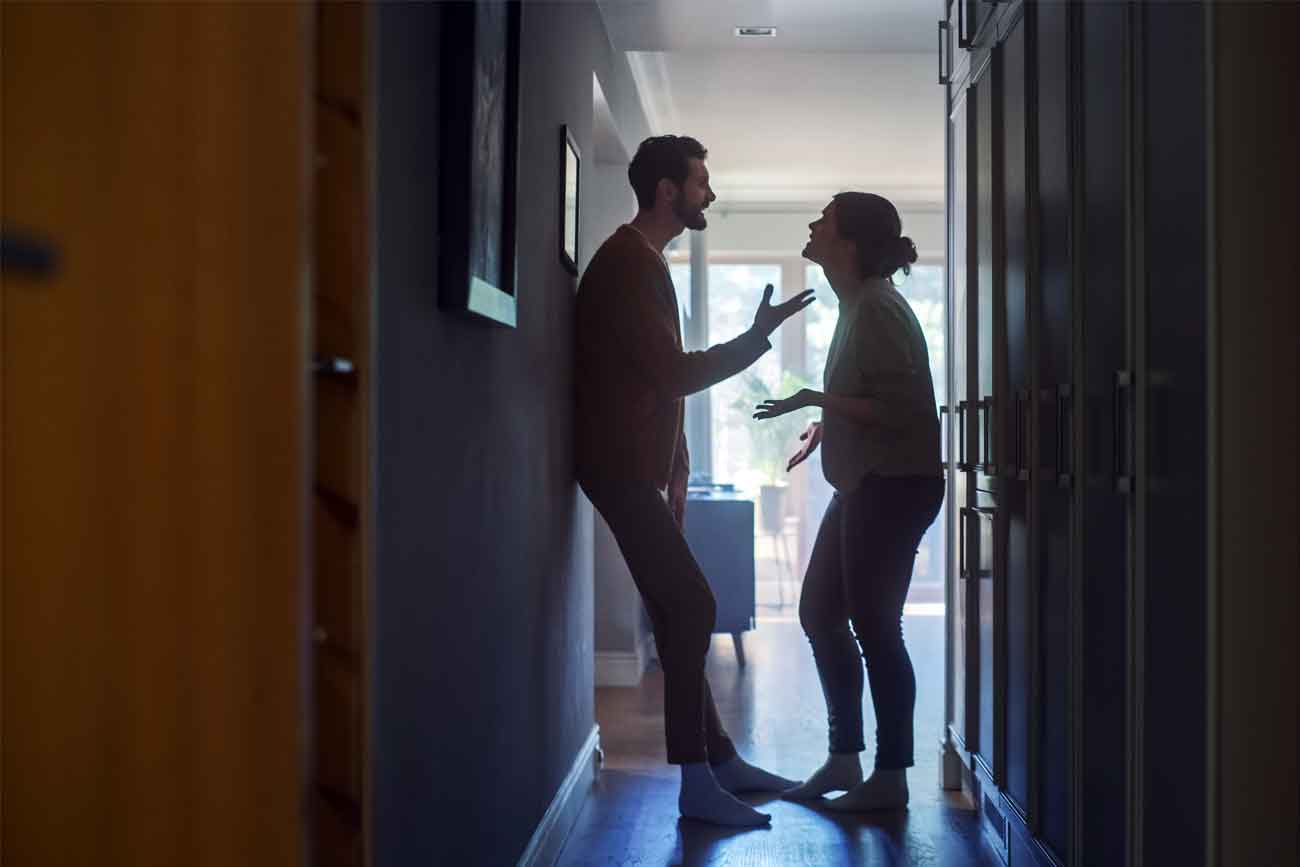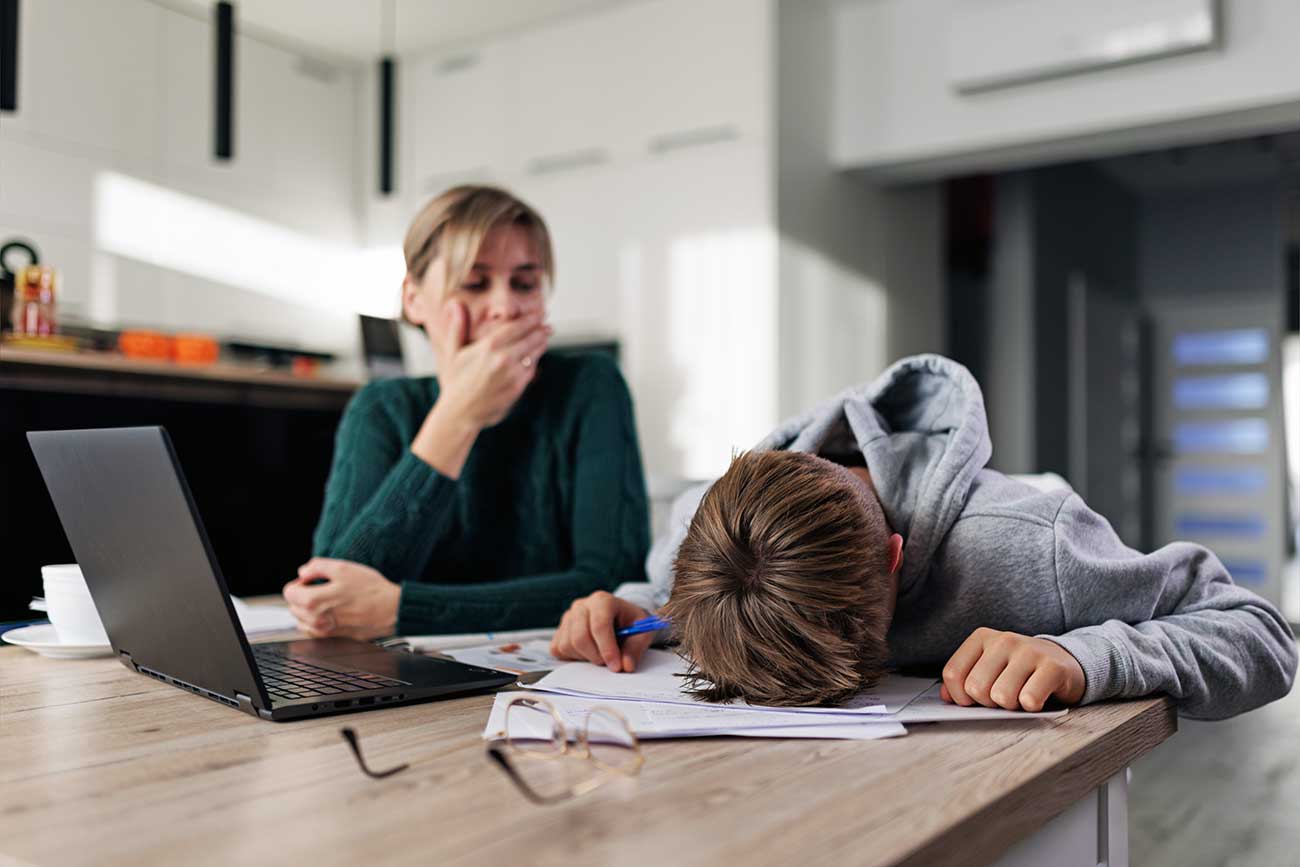What Makes an Apology Ineffective?
Most people don’t set out to give a bad apology.
They’re trying to make things right, to take responsibility, or to ease the tension. But in close relationships, even a well-intentioned “I’m sorry” can fall flat and sometimes make things worse.
When “Sorry” Becomes a Shutdown
An apology becomes ineffective when it’s used to end the conversation, instead of opening it.
If one partner says sorry just to move on, it can leave the other person feeling dismissed and like the depth of their hurt wasn’t really acknowledged. That kind of apology doesn’t rebuild trust. It adds to the distance.
Intent Isn’t the Same as Impact
Another common issue is focusing too much on intent:
“I didn’t mean to hurt you.”
“That wasn’t my intention.”
While clarifying intent is important, it doesn’t address the real wound: the impact of what happened. When that impact isn’t fully seen, the hurt stays alive, sometimes just beneath the surface, and at times right at the center of the relationship.
The Cycle of Apology and Resentment
In therapy, we often work with couples who are stuck in cycles of apology and resentment. One partner keeps saying sorry, while the other keeps bringing it up again. Not because they want to hold a grudge, but because they still don’t feel understood.
A Better Way to Apologize
That’s why effective apologies in relationships require more than just the right words. In therapy at BEing There, we teach a guided process that encourages presence, reflection, and a willingness to engage with what truly happened—emotionally, not just verbally.
If you’re wondering what to do when sorry isn’t enough, you’re not failing. You’re just ready for a better process.

